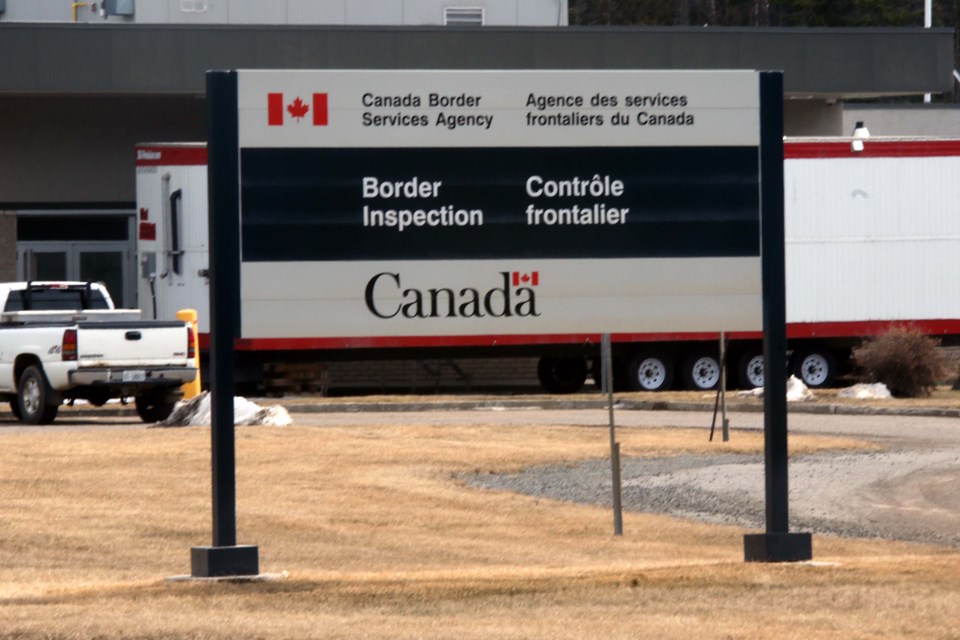THUNDER BAY - With the state of Minnesota having one of the highest rates of new COVID-19 cases in the United States, along with fewer public health measures, local health officials are advising people rethink a trip across the border.
The Thunder District Health Unit is advising people to avoid non-essential travel to Minnesota, Wisconsin, and Michigan, which all have high rates of COVID-19. According to the Minnesota Department of Health, there were 5,313 new cases reported in the state on Dec. 2, with 72 deaths.
“The biggest one that concerns me is Minnesota. I think it’s common for people to want to travel down there for the weekend or a short trip and we do see border restrictions relaxing, allowing people to be able to do that,” said Thunder Bay District Health Unit medical officer of health Dr. Janet DeMille.
“However, at the same time, Minnesota, Wisconsin, and Michigan have the highest rates of COVID-19 in the United States at the present time and the CDC has ranked them as high community transmission, literally in all the counties in those three states and that includes the counties along the border next to us.”
DeMille said the rates of transmission in those states is significantly higher than the Thunder Bay District and there are concerns about more people contracting COVID-19 in the United States and bringing the virus back across the border.
“We’ve also had some recent cases in our area that acquired the virus in those states and brought it back here and we saw a little bit of spread from them when they are back,” DeMille said.
Public health measures also tend to be less comprehensive in the United States, including the use of masks in public spaces, which can make exposure to the virus more likely for visitors who then bring it back to the district.
Earlier this week, the Northwestern Health Unit issued a similar warning against travel to Minnesota citing the high COVID-19 infection rates in the state.
It was also confirmed on Thursday that the omicron variant has been detected in Minnesota in an individual who recently returned from New York.
DeMille said there are still many uncertainties surrounding the omicron variant at this time but there are always concerns regarding new variants of the virus emerging.
“It’s not a time to panic, we need to get that information to really understand the potential impact and what will be needed to manage that,” she said.
DeMille added that all positive tests detected in the region are screened for variants, though that testing does take time. There have been no confirmed cases of the omicron variant in the district at this time.
But the number of COVID-19 cases in the district continue to rise, with the active case count now sitting at 100, the highest it has been since last April.
The increase in cases is connected to several recent school outbreaks, but according to DeMille, it is also related to social gatherings.
“I think people should be careful of social gatherings, especially the ones we see in private residences because there aren’t public health measures put in place,” she said.
“When people are gathering and children are involved, an unvaccinated child can spread the virus to the other adults in that setting or the children. Or they themselves can get the virus in those settings. The challenge with that is it can affect different school settings or day care settings.”
DeMille is reminding people to try and limit the number of contacts with others, especially households with children to avoid further spread in school settings.
At this time, DeMille said there are no plans to shut down any school activities such as sports.
“There’s a lot of measures put in place for many of those activities and we see those measures help reduce the risk of spread,” she said. “There are many measures put in place in school settings as well and that has really helped.”
